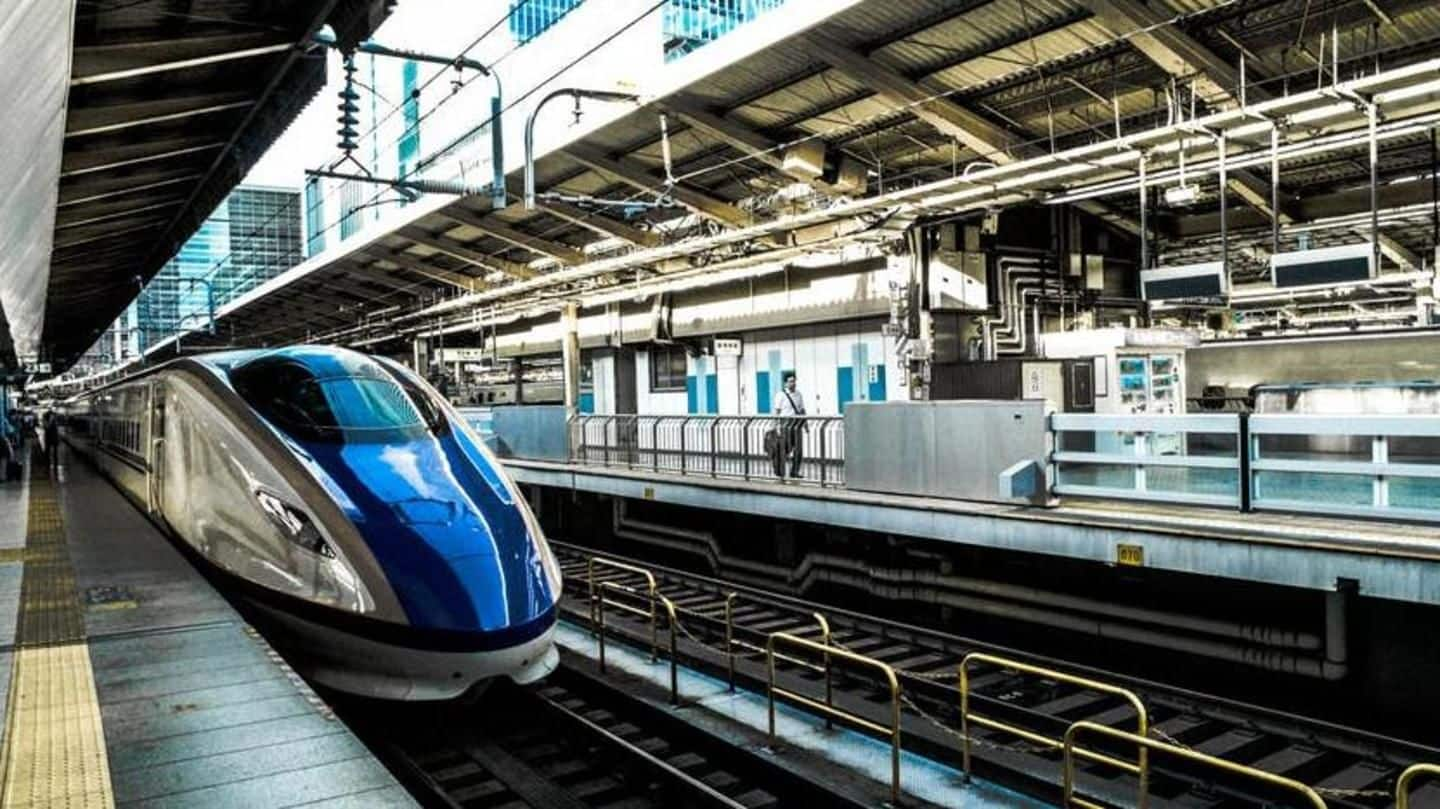
Mumbai-Ahmedabad bullet train fares to be priced like other trains
What's the story
The fare of Mumbai-Ahmedabad bullet train will be competitively priced, much like other trains of Indian Railways, Maharashtra CM Devendra Fadnavis recently told the state legislative council. Defending the controversial project in response to a calling attention motion by Congress leader Sanjay Dutt, Fadnavis also talked about the train's economic viability and why India chose to take the loan from Japan. Here's more.
Economic viability
Bullet train will facilitate technology transfer, creation of employment: Fadnavis
On the project's economic viability, Fadnavis said Japan had loaned India Rs. 88,000 crore for 50 years at 0.1% interest and didn't expect returns in the first 20 years. "There will be technology transfer and creation of employment. The infrastructure sector contributes most to the growth of GDP. With this project, there will be massive creation of jobs," PTI quoted him as saying.
Information
More bullet trains to follow after the Mumbai-Ahmedabad project
Fadnavis also said that just like airplanes, the bullet train will enhance mobility, leading to growth and development. Once the Mumbai-Ahmedabad train starts operation, he said other routes would also get similar trains.
Reasons
On why India loaned money from Japan and not China
Fadnavis also revealed why India accepted loan from Japan despite China offering a better interest rate. "China had given commercial loans to Sri Lanka and Pakistan. Both defaulted", he said, adding that Japan's loan will "almost be a non-commercial one". "After 20 years, our fiscal space will be much bigger so it will not be much of a burden to repay it," he said.
Details
On equal cost sharing between Maharashtra and Gujarat governments
Dutt demanded a cost benefit analysis, claiming that it was unfair for both Maharashtra and Gujarat to share costs equally with 67% of the bullet train's rail route in Gujarat. In response, Fadnavis talked about Konkan Railway, which was formed with the support of three states but largely benefits Maharashtra. "We don't just look at immediate benefits but from a long-term perspective," he said.